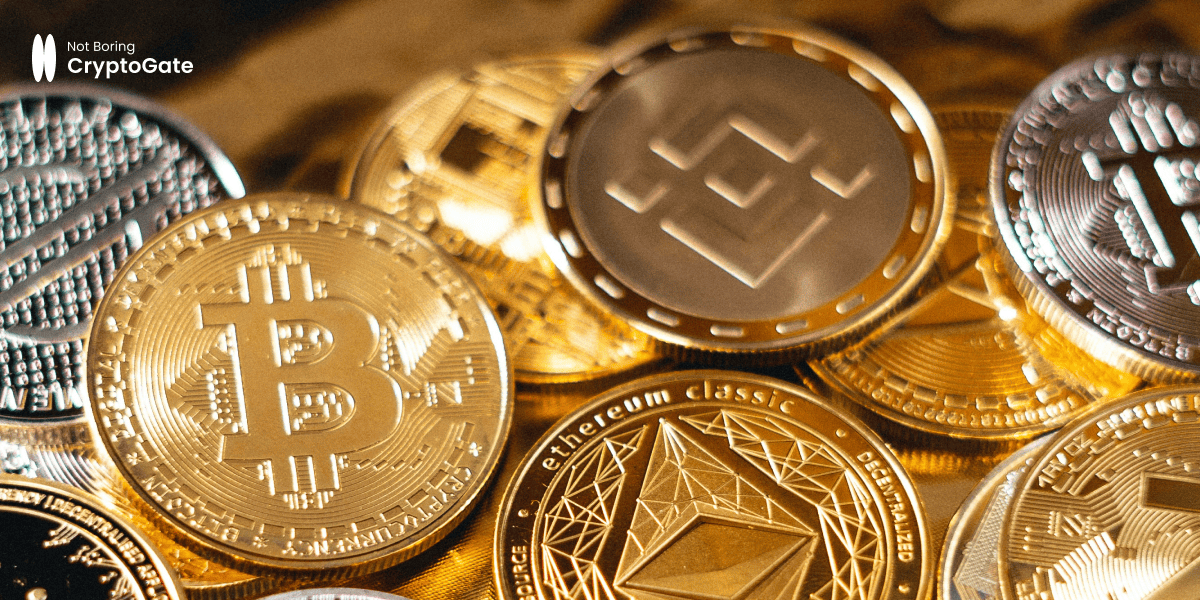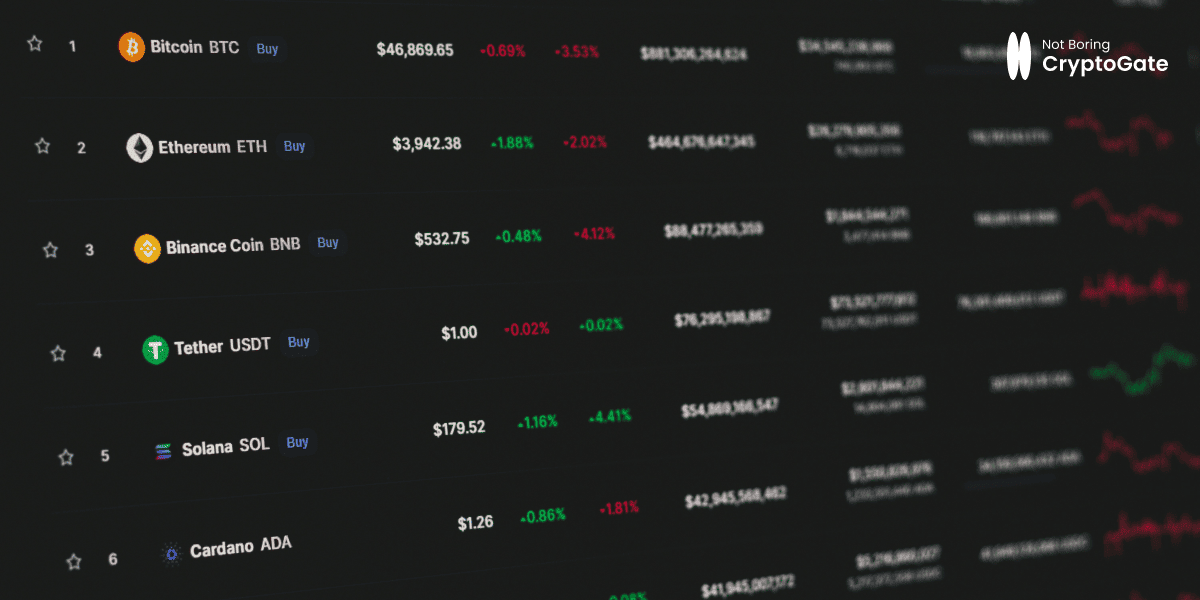
Introduction: What Does It Mean to Buy Crypto Without KYC?
What Is KYC and Why Do Most Exchanges Require It?
KYC, or “Know Your Customer,” is a verification process used by financial institutions and cryptocurrency exchanges to verify the identity of their users. Most centralized exchanges require KYC to comply with anti-money laundering (AML) and counter-terrorism financing regulations. This typically involves submitting government-issued ID, proof of address, and even a photo or video selfie.
Why Some Users Choose to Avoid KYC
Many crypto users value privacy and decentralization — key principles of the crypto movement. KYC can expose personal data to breaches and surveillance. Moreover, KYC limits access in countries with restricted crypto regulations and creates onboarding friction for users who want fast, anonymous transactions.
Risks and Legal Considerations
Using platforms without KYC doesn’t eliminate regulatory risks. In some regions, non-KYC transactions may violate local laws. Additionally, non-KYC platforms may be more vulnerable to scams or have fewer safeguards in place. Always research the legal framework in your jurisdiction before proceeding.
Best Crypto Exchanges Without KYC Requirements

Overview of Top No-KYC Platforms in 2025
Here are some of the most popular no-KYC crypto platforms that still allow anonymous trading (often with certain limits):
- Bisq – A decentralized P2P Bitcoin exchange.
- Hodl Hodl – Another P2P platform that does not hold user funds.
- PancakeSwap / Uniswap – Decentralized exchanges (DEXs) that connect wallets without identity checks.
- KuCoin / MEXC – Centralized exchanges that allow limited trading and withdrawals without KYC (under certain thresholds).
Limits, Fees, and Supported Coins
Non-KYC platforms often have:
- Lower withdrawal limits
- Limited fiat on/off ramps
- Higher trading fees on decentralized platforms
- Narrower range of supported tokens (especially on smaller DEXs)
Evaluate what matters more to you — anonymity or full functionality.
Tips for Safe and Anonymous Usage
- Use privacy-focused browsers or VPNs.
- Stick to small amounts and test transactions first.
- Never share private wallet keys.
- Consider using privacy coins like Monero or Zcash.
Non-KYC Crypto Wallets for Private Storage

What Is a Non-KYC Crypto Wallet?
A non-KYC wallet is a crypto storage solution that doesn’t require you to verify your identity. Most non-custodial wallets fall into this category — including hardware wallets and open-source mobile/web wallets.
Popular examples:
- Ledger and Trezor (hardware wallets)
- Exodus, Trust Wallet, and Atomic Wallet (non-custodial wallets)
These wallets give you full control over your private keys and eliminate third-party risk.
How to Securely Store and Manage Your Crypto Without Identity Verification
- Always back up your seed phrase and store it offline.
- Use cold storage for long-term holdings.
- Enable strong encryption and biometrics where possible.
- Keep software updated to avoid exploits.
Conclusion: Buying Crypto Without KYC – Is It Worth It?
Buying crypto without KYC offers users more privacy and autonomy — but also comes with trade-offs. These include exposure to scams, limited platform features, and potential legal complications. Whether it’s worth it depends on your personal goals, legal environment, and appetite for risk.
